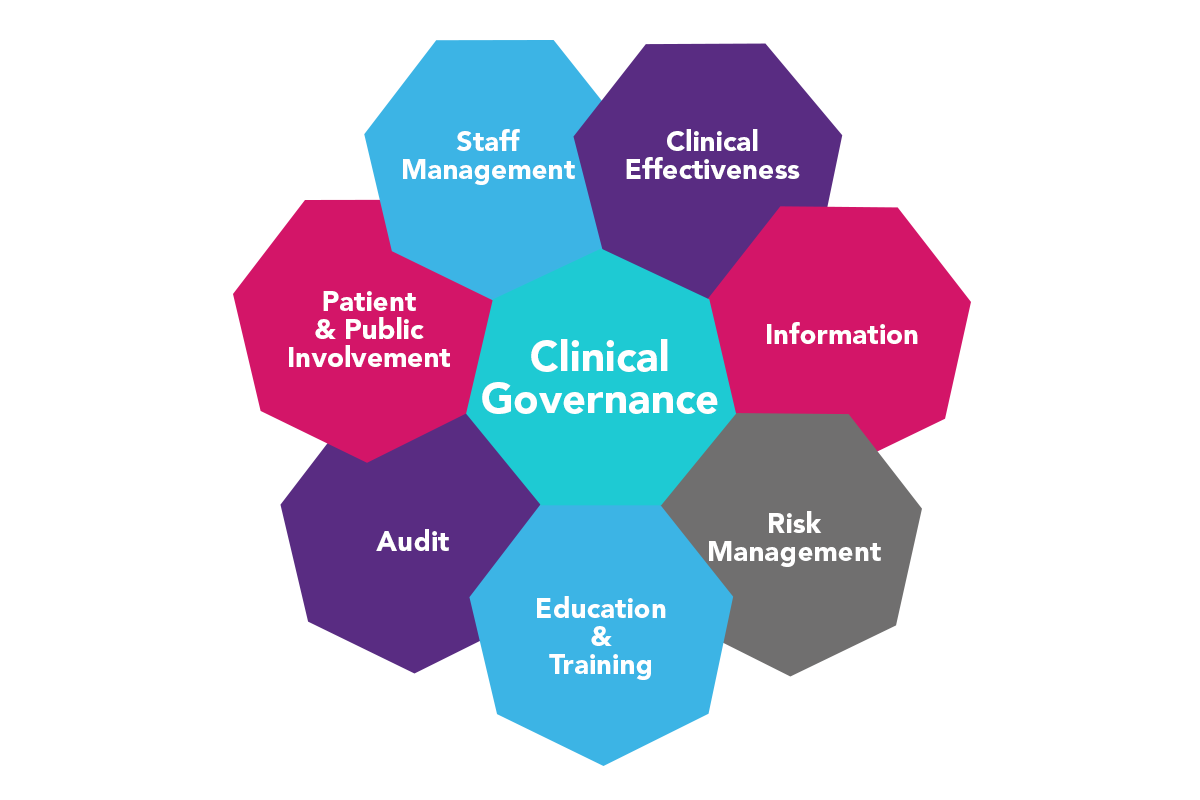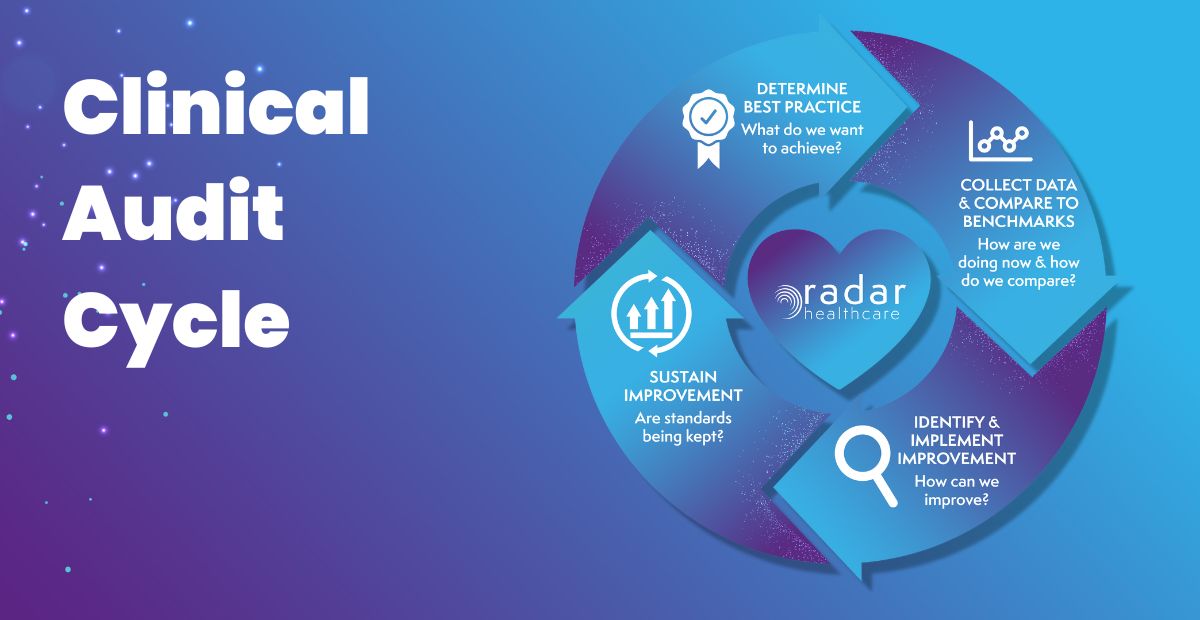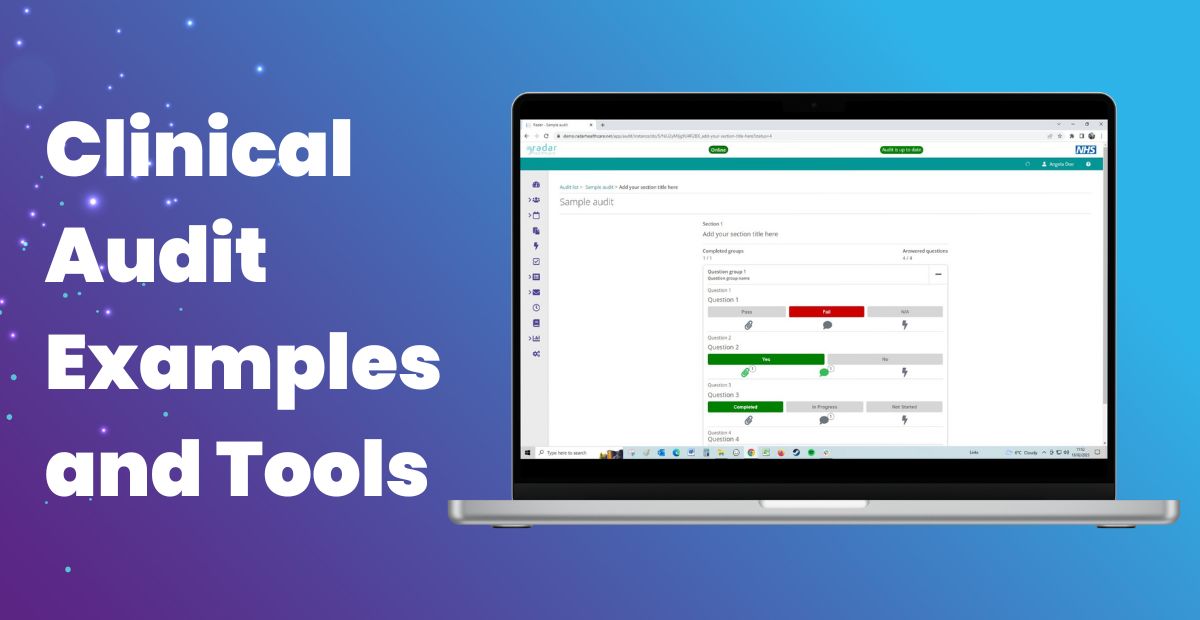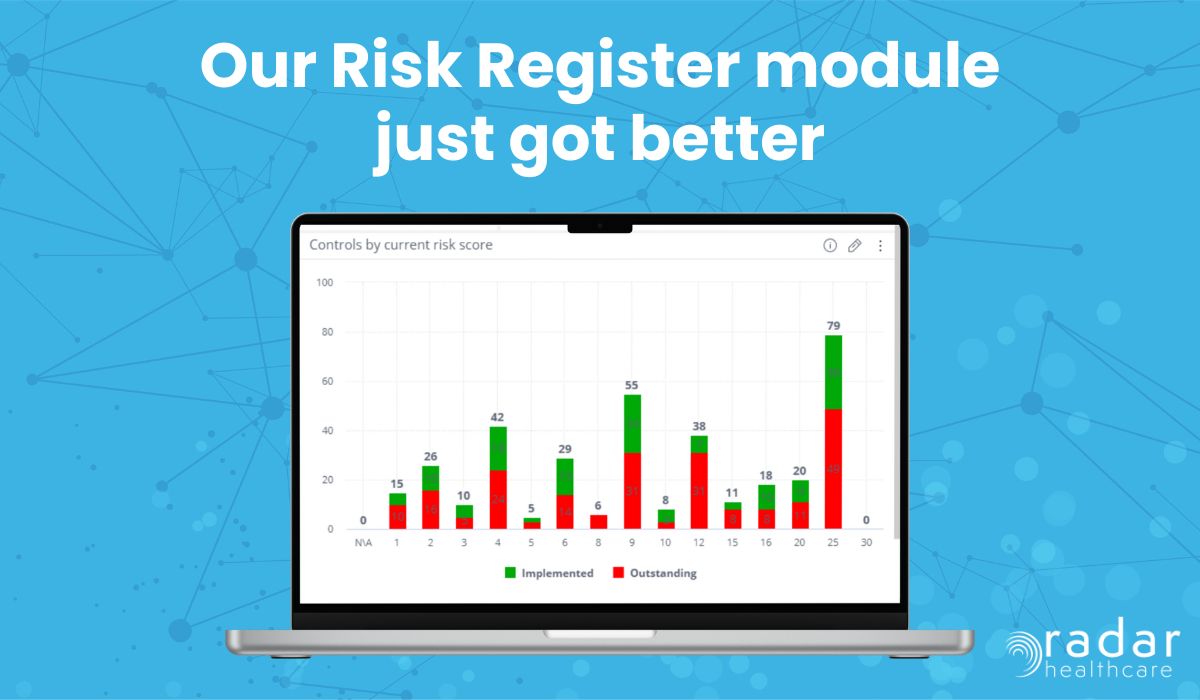What is Good Clinical Practice (GCP)?
Tags:
What is Good Clinical Practice (GCP)?
Good Clinical Practice (GCP) is an internationally recognised standard for conducting clinical trials involving human participants. It ensures that the safety, well-being, and rights of participants are prioritised while maintaining the credibility and accuracy of trial data.
Defined by the NHS Health Research Authority (HRA), Good Clinical Practice is:
“a set of internationally recognised ethical and scientific quality requirements that must be followed during all stages of a human clinical trial. This refers to the design, analysis, and conduct of the clinical research.”
These GCP standards exist to safeguard participants and to ensure that clinical trials produce reliable, scientifically valid results. But what exactly are these standards? Let’s explore the core Good Clinical Practice guidelines that all trials must adhere to.

What Are Good Clinical Practice (GCP) Guidelines?
The International Council for Harmonisation (ICH) has established core Good Clinical Practice guidelines (ICH-GCP) to be followed by all member states. These guidelines form the foundation of ethical and scientific clinical research.
Key principles of Good Clinical Practice include:
- Ethical Conduct: All clinical research must follow ethical principles, focusing on respect, beneficence, and justice.
- Risk Assessment: Before any trial begins, risks must be carefully assessed and justified. The benefits of the trial must outweigh the potential risks to participants.
- Participant Rights: The rights, safety, and well-being of all human subjects must be prioritised over the interests of science and society.
- Scientific Validity: All clinical trials should be scientifically sound with clear protocols, ensuring reliable and accurate results.
- Qualified Professionals: Only qualified healthcare professionals with the appropriate knowledge and training should conduct trials.
- Ethics Review: Trials must be reviewed and approved by an Institutional Review Board (IRB) or Independent Ethics Committee (IEC).
- Data Integrity: Accurate data collection, reporting, and interpretation are essential for ensuring credible results.
- Confidentiality: All participant data must be securely handled to protect confidentiality and privacy.
- Training: All trial participants should be adequately trained for their roles.
- Compliance with GMP: Investigational products and equipment should comply with Good Manufacturing Practices (GMP).
These guidelines ensure that clinical research is conducted with integrity and accountability, enhancing public trust in medical advancements.
Who Must Follow Good Clinical Practice?
Compliance with Good Clinical Practice (GCP) is required for any organisation conducting face-to-face clinical trials involving human participants. These organisations include:
- Pharmaceutical companies
- Contract Research Organisations (CROs)
- Universities and academic institutions
- NHS organisations and hospitals
- Charities and GP practices
- Research laboratories
By adhering to GCP standards, these organisations help ensure that clinical trials are ethical, safe, and scientifically sound.

How to Obtain Good Clinical Practice (GCP) Certification
Obtaining Good Clinical Practice certification is essential for anyone involved in conducting clinical trials, as it ensures compliance with the required ethical and scientific standards. In the UK, GCP training is a requirement for researchers conducting Clinical Trials of Investigational Medicinal Products (CTIMPs) under the UK Policy Framework for Health and Social Care Research.
Training is widely available through online courses or face-to-face workshops, ensuring that trial personnel are properly trained to conduct their tasks safely and effectively.
While non-clinical trials do not mandate GCP compliance, it is recommended that researchers follow GCP guidelines to maintain high safety standards.
How Can Technology Support Good Clinical Practice?
Technology plays a crucial role in helping healthcare organisations maintain compliance with Good Clinical Practice standards. For instance, software like Radar Healthcare centralises quality and compliance processes, including incident management, audits, and workforce training, enabling healthcare providers to enhance safety and streamline their operations.
If you’re looking to improve the safety and quality of your clinical trials, our award-winning software is designed to support you. Book a demo today to see how our solution can help your organisation comply with Good Clinical Practice guidelines and deliver safer care.
Book your free demo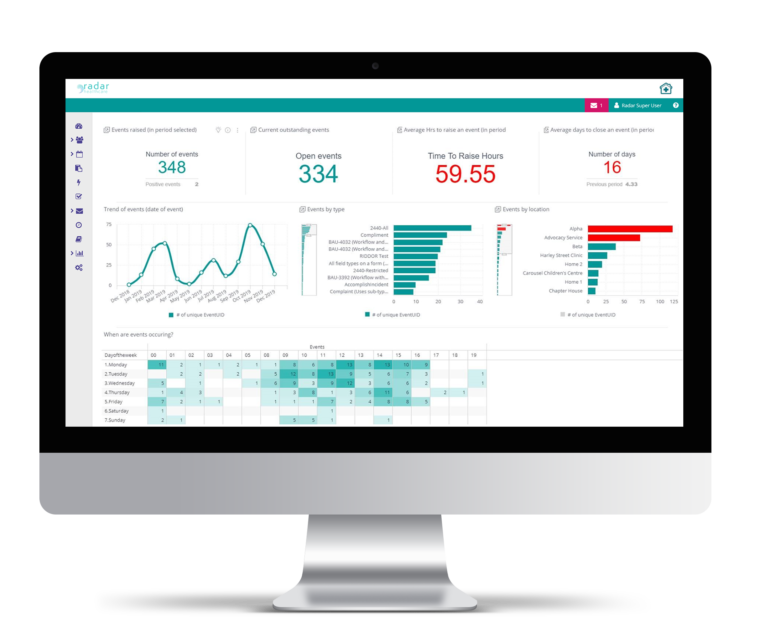
"We are committed to encouraging a positive incident reporting culture and Radar Healthcare has helped us to be more efficient and automated with it. The information and in-depth dashboards that Radar Healthcare assists us with clinical risk management. We use Radar Healthcare for more than just evidencing compliance and good governance, it is a learning platform that helps us drive positive change."

Conclusion
Understanding What Good Clinical Practice (GCP) is and adhering to its guidelines is essential for conducting ethical, safe, and effective clinical trials. From pharmaceutical companies to academic institutions, compliance with GCP helps ensure that clinical research contributes valuable insights to medicine while protecting the rights and well-being of trial participants.
Key Takeaways
- What is Good Clinical Practice? It’s a set of internationally recognised standards for conducting clinical trials.
- What are GCP Guidelines? They ensure ethical and scientifically sound trials that prioritise participant safety and data integrity.
- Who needs GCP compliance? Any organisation conducting human clinical trials, from pharmaceutical companies to research labs.
- GCP Certification: Required for clinical trial personnel through online or in-person training.
- Technology & GCP: Software like Radar Healthcare helps organisations comply with GCP and improve overall safety and quality in healthcare.
